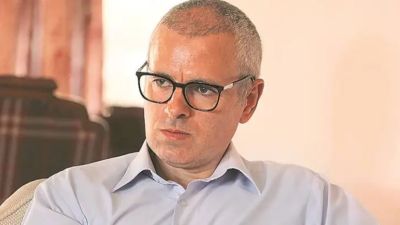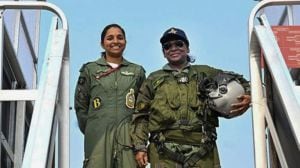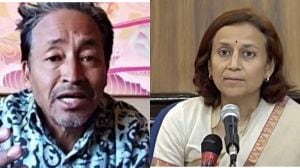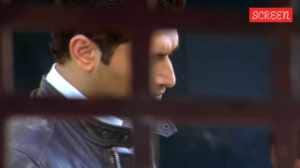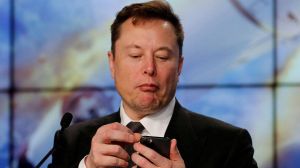When the wise are banished from public councils
In March 2002, Gujarat underwent carnage comparable to the Nazi holocaust of the forties. Civil governance had collapsed with the state gove...

In March 2002, Gujarat underwent carnage comparable to the Nazi holocaust of the forties. Civil governance had collapsed with the state government itself perpetrating the carnage. India’s democratic and secular fabric was being torn to pieces. Pretending political expediency, Government of India acted deaf-mute. All eyes were on the President of India, ‘protector and defender of the Constitution’, the charter of India’s democratic governance. But President K.R.Narayanan maintained a deafening silence.
After three long years he has spoken, accusing the former Prime Minister, Atal Bihari Vajpayee of inaction: ‘‘He (Mr. Vajapyee) did not do anything effective. I had sent him letters. I had talked to him directly.’’ Mr. Narayanan went a step ahead and made a very distressing admission: ‘‘I couldn’t go further than the limits of the Constitution. As President, I can only advise the Prime Minister. I have no other powers.’’
Jharkand Governor Syed Sibtey Razi recently ravaged the constitution. His act of blatant partisanship, in contravention of all established norms and conventions, and the bizarre happening in Bihar and Goa has put Indian democracy in real peril. Endorsing K.R.Narayanan’s self-defeating admission, four of the ‘legal luminaries’ in the country – former Attorney General Soli Sorabjee, Senior Supreme Court lawyers Rajeev Dhawan and K.K.Venugopal and former secretary-general of Lok Sabha Subhash C. Kashyap – have near unanimously opined that in the Jharkand case also there is nothing the President can do except ‘advising’ the Prime Minister to appropriately counsel the Governor. Soli Sorabjee goes to the extent of saying that even if the President is satisfied that there is gross constitutional impropriety on the part of the governor, he cannot overrule the governor’s decision.
What does the Constitution of India say about the President? Article 52: ‘‘There shall be a President of India’’ Article 53: ‘‘The Executive power of the Union shall be vested in the President and shall be exercised by him either directly or through officers subordinate to him in accordance with this Constitution.’’ President is also the Supreme Commander of the Defence Forces of the Union. The role of President, modeled on the British constitutional monarch, is stated to be nominal and ceremonial. Most powers assigned to the president are supposed to be exercised under direction of the union cabinet. But the fact remains that all Ministers of the Union and the civil servants are ‘officers subordinate to the President’. All executive actions of the Union are taken in the name of the President and all legislations enacted by Parliament and many by the State Legislatures needs his consent to become law of the land. He makes appointments to the Supreme Court and High Courts, several constitutional posts and All-India Services. Above all Governors in all states are appointed under his hand and seal and hold office ‘at his pleasure’.
Yet this highest constitutional authority in the country, elected by people’s representatives but living in ‘colonial regalia’ is nothing but a mute spectator to the destruction of democracy and can only ‘advise’ the Prime Minister who himself is a captive of the ongoing political chicanery. It may nevertheless perish in an hour by the folly, or corruption, or negligence of its only keepers, the people. Republics are created – these are the words, which I commend to you for your consideration – by the virtue, public spirit and intelligence of the citizens. They fall when the wise are banished from the public councils because they dare to be honest, and the profligate are rewarded because they flatter the people in order to betray them.’’
Democratic institutions enshrined in India’s constitution are perishing with democracy itself fast degenerating into ‘kleptocracy’. This is because barring honourable exceptions, good men and women are being banished from the public councils because they dare to be honest, and charlatans are rewarded because they stoop to flatter and deceive.
Founding fathers of our constitution are not there anymore to protect democracy. Neither are patriots like Jayaprakash Narayan who rescued India’s democracy in the seventies when it was sought to be extinguished. Should our hapless democracy be denied even its constitutional protector?





- 01
- 02
- 03
- 04
- 05


